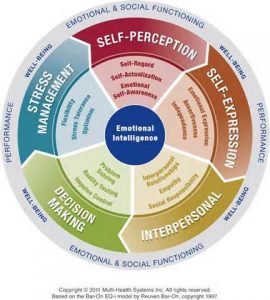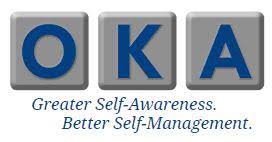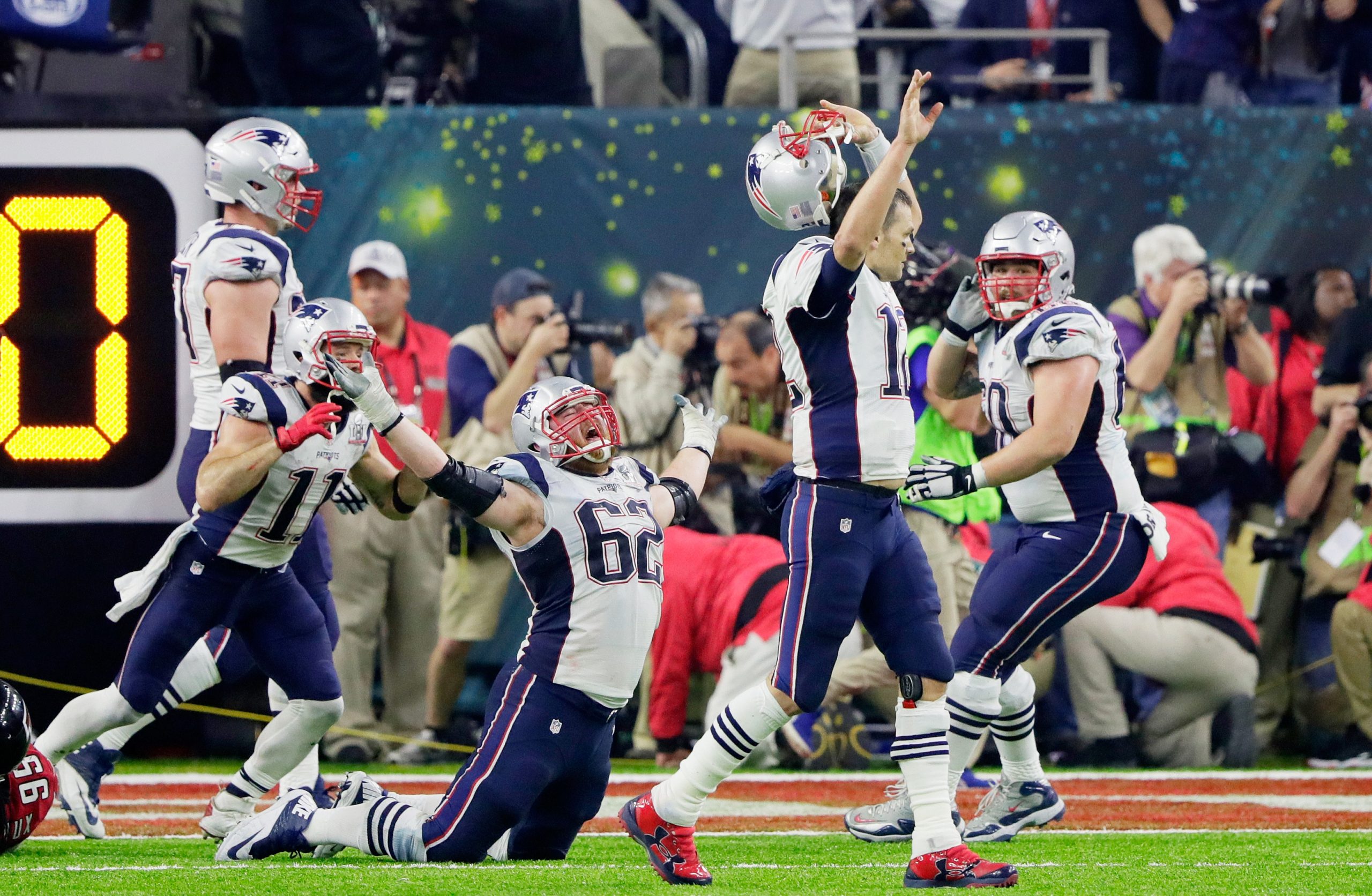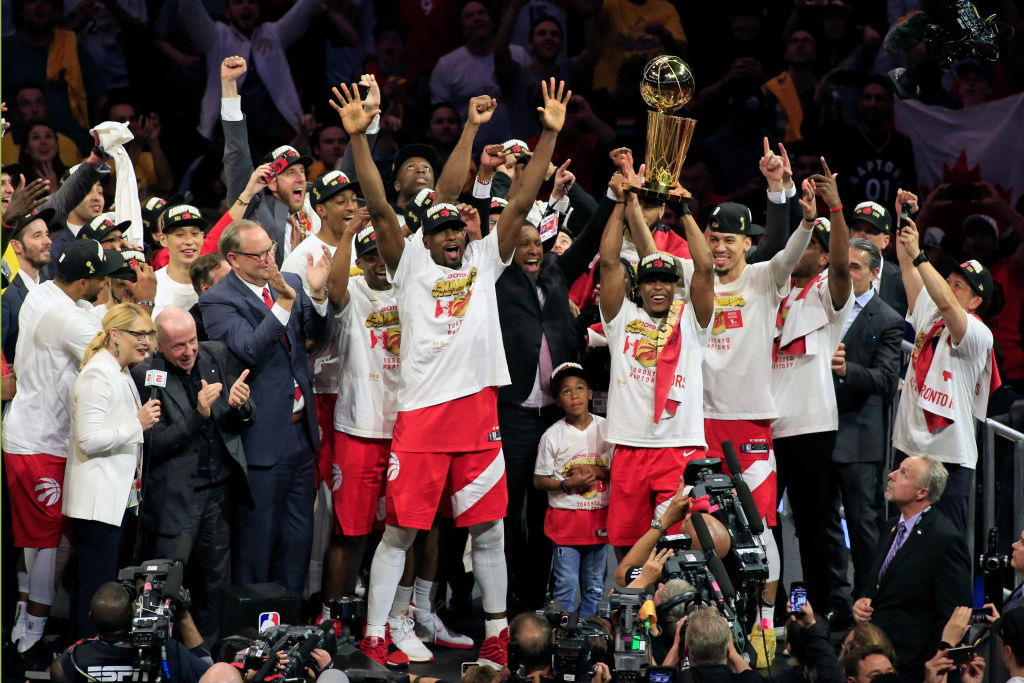by OKA’s Harris Fanaroff, Director of Client Relationships
Emotional Intelligence & Sports
An active athlete for as long as I can remember, I always used to think about how I could involve sports in my future career. Now—almost a decade into my professional life, I have a career in Organization Development coaching and training, and I now find myself wondering how I can take these tools—self-awareness and Emotional Intelligence among them—into the world of sports. My organization, OKA (Otto Kroger Associates), specializes in Emotional Intelligence and is the largest EQ-i certification provider in North America. OKA uses Emotional Intelligence to transform people and organizations through the power of greater self-awareness and better self-management. The insights and personal toolkit of Emotional Intelligence would have amazing power within any athlete and sports team.
Within the EQi 2.0 assessment (the most popular Emotional Intelligence tool in the world), there are 15 elements that comprise the behavioral face we each bring to and show the world. I wanted to take these 15 elements—described below—and identify the top five that sports teams need to have in order to be successful. I also wanted to provide recent examples of sports teams that I think exhibited that element extremely well.
 The EQ-i’s 15 elements:
The EQ-i’s 15 elements:
• Self-Regard: self-esteem, self-respect, confidence
• Self-Actualization: pursuit of meaning, self-improvement, and the will to strive
• Emotional Self-Awareness: understanding and being curious about your own emotions
• Emotional Expression: authenticity, transparency, and the constructive expression of emotions
• Assertiveness: putting your needs and opinions into the world—even when it is difficult
• Independence: being self-directed and autonomous—emotionally and intellectually
• Interpersonal Relationships: establishing and nurturing trust, compassion, and mutually satisfying relationships
• Empathy: understanding and being curious about other people’s feelings
• Social Responsibility: social consciousness, doing and caring about what is good for others
• Problem Solving: engaging conflict and dealing with the emotional and people-sides of problems
• Reality Testing: being objective, seeing life as it is, and questioning your personal narrative when facts on the ground contradict it
• Impulse Control: resisting or delaying the impulse to speak or act
• Flexibility: taking in new data changing your mind–adapting emotions, thoughts and behaviors
• Stress Tolerance: coping with stressful situations
• Optimism: maintaining a positive attitude and outlook on life
Emotional Intelligence on display
As both a member of many dozens of sports teams and a careful student and faithful follower of still more, I believe the following five EQ-i elements are the most important to a successful (winning) sports team.
1. Self-Actualization
This is the desire for a given outcome, the want and urge to win, to get better, to be stronger and faster, for the team to be successful. The teams that want to grow, stretch, strive, and see their potential are the ones that end up holding the trophy at the end of a season. Teams with high Self-Actualization aren’t satisfied with the as-is, and they keep working toward improvement. Sports Example – 2017 Super Bowl Champion New England Patriots
2. Self-Regard
How often have we heard about the athlete with all the talent in the world, but they just don’t have the confidence? In order for a team to be successful, they must—collectively–have the confidence that they can beat their opponents. An athlete and a team are nothing without confidence. Sports Example – 2018 NBA Champion Golden State Warriors
3. Social Responsibility
For all successful sports teams out there, the players must be in it for the greater good. A team full of selfish players, each worried about their own personal success, will go only so far. The best teams understand that they must do what is best for the team—for the greater good, and at times put their own desires to the side. Sports Example – 2019 NBA Champion Toronto Raptors
4. Flexibility
No team has ever won a championship without facing adversity and being able to adapt to an ever-changing environment. Being flexible and changing based on the shifting conditions of the game or season is crucial for overall success. A championship season is never a straight line from A to B, so being able to adapt is what separates good from great teams. Sports Example – 2019 World Series Champion Washington Nationals
5. Optimism
If your team doesn’t go into games believing that you have the opportunity to win, there’s a good chance that you’ll lose. The best teams in the world truly believe that things will work out and keep a positive attitude when things get tough. The ability to stay optimistic when your season doesn’t begin how you’d like, or your best player goes down with an injury, is what builds championship cultures. Sports Example – 2019 Stanley Cup Champion St. Louis Blues
This is my list, but I’m curious what do you think? Which element did I miss, or which would you change? Any other team examples you can think of?
To learn more about OKA and the EQ services and trainings we offer, visit us online at www.oka-online.com.
Click image to visit OKA’s website




I think this is a good start. We need to see how we can employ EI in our lives .in homes, in schools in work, and in communities. Otherwise, EI will remain more of a theory than practice.
Interesting reference to EQi post Super Bowl with the Patriots tweeting out a congratulations to Brady!
Yes that was a great reference to EQi!